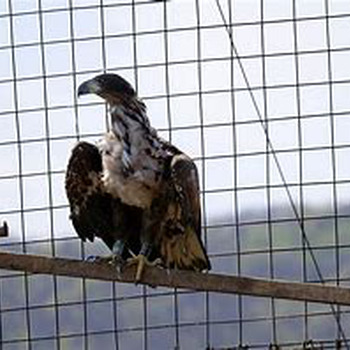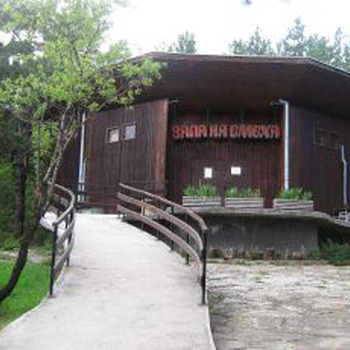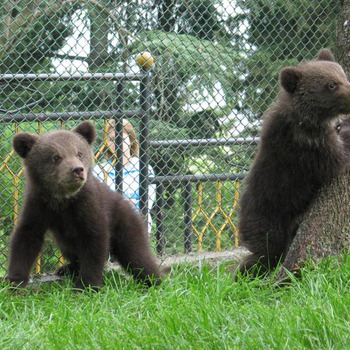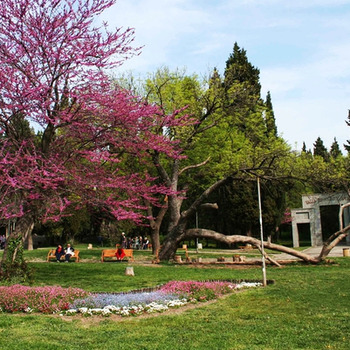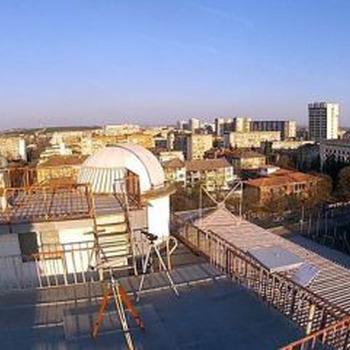WILDLIFE REHABILITATION AND BREEDING CENTRE
Overview
Green Balkans is a leading organization in the field of the conservation of rare species and habitats in Bulgaria. The Organization was established in 1988 making it Bulgaria’s oldest nature conservation NGO. For its almost 20 years of existence, Green Balkans has won recognition from international and national institutions, authorities, and donors as a welcome partner and a highly reputable and competent organization. This is demonstrated by the public confidence in the Organization and its almost 4,500 Bulgarian and foreign members.
The Center's first patient was the one-legged bald eagle John Silver. The bird was injured in a trap set by Roma in the area of Panagyurishte. Forestry officials confiscated it and handed it over to Green Balkans. The bird was later raised in the apartment of Simeon Marin, one of the founders of Green Balkans and the founder of the Rescue Center. Subsequently, in this apartment, located almost in the center of Stara Zagora, are sheltered various other animals in need of help, such as golden eagles, common buzzards, hedgehogs, turtles, goats and many, many others.
In 1992, the Green Balkans Wildlife Rehabilitation and Breeding Center (WRBC) was established (as part of the Green Balkans Federation of NGOs) in Stara Zagora, Bulgaria. It is recognized as an official rescue and rehabilitation center as a result of special order № 232/14.03.2003 of the Minister of Environment and Waters as part of the Bulgarian Biodiversity Act. The center focuses on the rehabilitation of injured wildlife, and specializes in the treatment of threatened and endangered raptors (birds of prey). It is an official CITES (Convention on International Trade in Endangered Species of Fauna and Flora) center and is responsible for the care of wild animals involved in illegal trading in Bulgaria. It is also a breeding center aiming to increase the populations of some species (Imperial Eagle, Griffon Vulture) and the reintroduction into the wild of others (Bearded Vulture, Black Vulture). Annually, approximately 600 wild animals (mostly raptors) are treated at the center, with approximately 40% successfully released back into the wild. The center most often treats species of high conservation status such as eagles, vultures, falcons, herons, egrets, pelicans and storks.
The WRBC and the regional office in Stara Zagora have an active environmental and biodiversity conservation education program and give presentations to schools, governments and the public.
The WRBC receives some financial support from the Bulgarian government, but mostly relies on donations and grants from private organizations. They are supported by many volunteers and work with many organizations such as the European Voluntary Service, The International Nature Network, BTCV and the United States Peace Corps.
Recommended
- Ancient Forum of Augustus Trajan
- Hall of Laughter
- Zoo
- Bedechka Park
- Neolithic Dwellings Museum
- Archaeological complex "Museum of Religions"


 Bulgarian
Bulgarian Romanian
Romanian